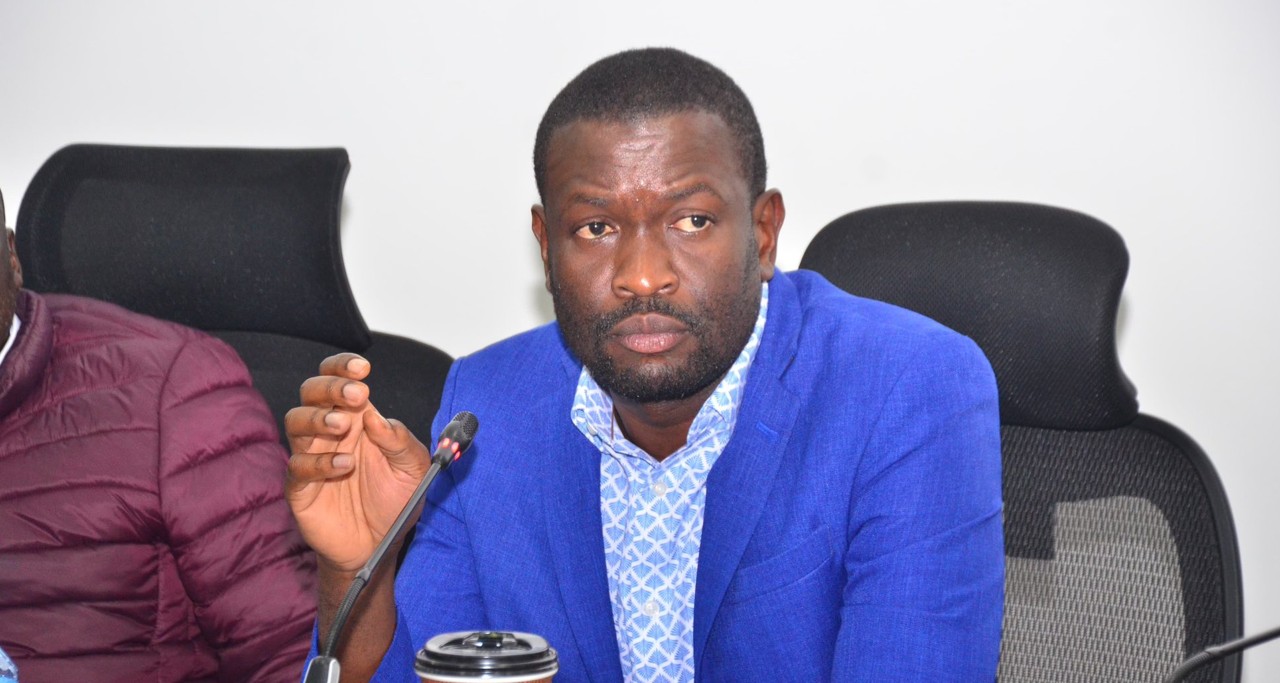ODM’s MoU with UDA collapsed after police killings, says Sifuna

Sifuna said that while President William Ruto may have benefited from the appearance of political calm and democratic order under the MoU, ODM had nothing to show for it
Orange Democratic Movement Secretary-General Edwin Sifuna has declared the party’s memorandum of understanding with the United Democratic Alliance defunct, citing betrayal, police killings and misuse of the agreement for political optics.
Speaking on Citizen TV on Tuesday night, Sifuna said the original purpose of the MoU had been lost, and that the government had turned the pact into a public relations tool instead of a genuine commitment to reforms and democracy.
“I have asked respectfully that I be left out of that team because I have already declared this MoU dead. I have already done so publicly. So there is no point. I’m not a mortician. There is no point in me going to go through a document that I’ve already declared dead,” he said.
Sifuna explained that the MoU was crafted to achieve two critical objectives—ending violence against ODM supporters and defending democratic values.
However, he said continued police brutality had proven that the agreement no longer served its intended goal.
He pointed to the death of Albert Ojwang, who died in a police cell, as the moment the agreement lost all meaning for him. According to Sifuna, no political gain was worth the life of a supporter.
Sifuna said that while President William Ruto may have benefited from the appearance of political calm and democratic order under the MoU, ODM had nothing to show for it, especially as their supporters continued to suffer.
“When Albert Ojwang died, it became meaningless. This MoU collapsed the moment our people started dying again. You can’t make political calculations over people’s lives,” he added.
Asked whether he had shared his concerns with ODM leader Raila Odinga, Sifuna confirmed that he had spoken to him personally, although he noted that not all details of their discussions could be made public.
“I have. I have spoken with Baba (Odinga). I have explained to him my frustrations, the difficulties of having to explain what we are doing with this rogue regime, the confusion that has come upon my mind, because this is not what I was taught,” he said.
He further said Raila had been receiving similar feedback from across the country, with ODM’s grassroots networks expressing displeasure over the perceived closeness with UDA.
“Feedback comes from across the country because Baba has possibly the best grassroots network in this country. They are telling him from Mandera, Tana River, Coast, and north eastern; they’re saying this relationship is hurting our political party,” Sifuna said.
Despite his strong opposition to the MoU, Sifuna maintained his loyalty to Raila, saying he remains the only political leader he follows.
He disclosed that he had initially advised against the deal, but the party chose to go ahead. Now, he says, the outcome proves his warning was justified.
“I am on record having advised the party against doing this MOU with UDA, and we still went ahead and entered that MOU. But you see, the beauty is that you are proven right every day,” he said.
Sifuna accused UDA and President Ruto’s government of using the MoU only for image-building and not for genuine partnership.
“The problem with doing a formal MoU with UDA is that it didn’t matter what the MoU said. The people from UDA, the government, and William Ruto are not interested in the details of the MOU,” he said.
He argued that UDA’s main goal was to paint a picture of political unity and peace without actually respecting the terms or spirit of the agreement.
“They wanted a document that they could then go and run a PR campaign around and say, ‘Oh, tumeungana, we are together.’ That is not what this document says. This document does not establish a coalition agreement between ODM and UDA, but that’s the impression they’ve been creating,” he said.
Sifuna said the agreement had turned into a communication disaster for ODM, and the responsibility of damage control had unfairly been placed on him as secretary-general.
“I had warned that the PR disaster that was going to come from this was going to be very difficult to manage. Unfortunately, the foremost PR officer for the party is the SG, and that is where there’s difficulty that has come from this,” he said.
